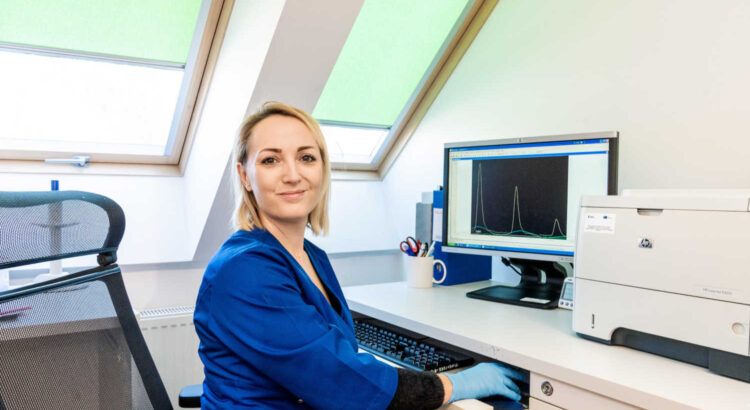The research on protein modifications carried out by Dr. Agnieszka Mostek-Majewska and co-authors has enabled a better understanding of capacitation and the disruption of this process in the semen of livestock, including the bull.
Mammalian sperm, immediately after ejaculation, are not capable of fertilizing an egg. For fertilization to occur, the sperm must undergo a series of biochemical modifications in the female’s oviduct to make it capable of fusing with the egg cell. This process is called capacitation.
Disorders of the process of sperm „conditioning” are one of the most common causes of idiopathic male infertility, unrelated to sperm motility and morphology. For this reason, capacitation rates are increasingly being studied in the diagnosis of infertility, in addition to standard analyses of sperm motility and morphology.
It is known that capacitation disorders can also occur in livestock, but there are few studies describing this problem. However, it is of importance for breeding progress.
The research conducted by Dr. Agnieszka Mostek-Majewska and co-authors on protein modifications has provided a better understanding of capacitation and disorders of this process in livestock spermatozoa. This, in turn, gives hope for the development of effective methods of detecting fertility abnormalities and improvements of cattle breeding. The article “New insights into posttranslational modifications of proteins during bull sperm capacitation” have been recently published in Cell Communication and Signaling. Go to the paper.
